In This Article
1. Overview
Often referred to as teenagers' nightmare, acne is a skin condition marked by outbreaks of pimples, including whiteheads, blackheads, pustules, cysts, and nodules. This skin condition occurs when hair follicles (or “pores”) become clogged with dead skin cells and oil.
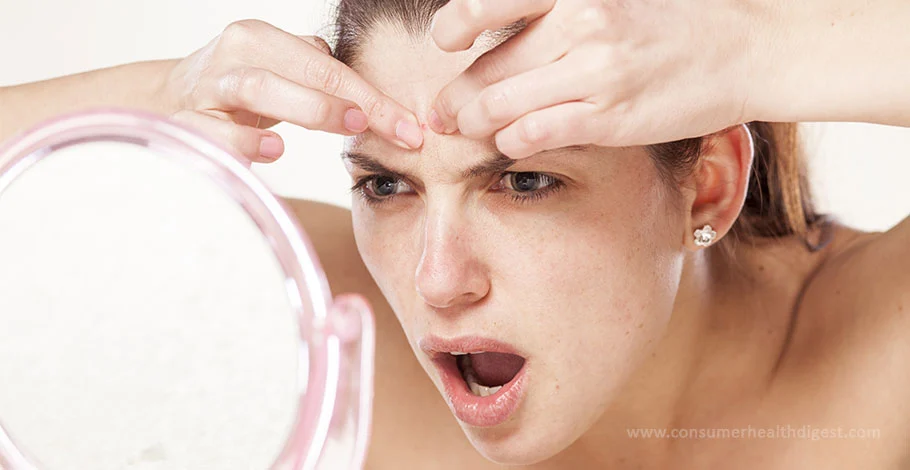
Untreated severe acne breakouts can potentially scar the face permanently and cause devastation. It can also cause depression and self-confidence issues. Therefore, it is important to treat acne early and aggressively with the right treatment to prevent scarring and post-inflammatory hyperpigmentation (PIH).[1]
2. What is Acne?
According to Dr. Kenneth Thean at Ensoul Medical Clinic, acne outbreaks can be caused by a combination of several factors in addition to clogged pores.[2] The underlying factors include ingrown hairs, hyperactivity of the sebaceous glands, and bacterial activity.
Hormonal imbalances can also cause acne in adolescents and adults. Women are more likely to suffer from acne, and it can be a long-term problem as well. One example of hormonal activity is how the pattern roughly corresponds with their menstrual cycle. For instance, acne is more likely to flare up during the week before or during your period. Acne can also be observed in women who use oral contraceptives regularly.
3. Types of Acne
Acne breakouts are far more complicated than they seem.[3] The condition cannot be treated with a universal acne treatment. This is because the condition can take several forms. Understanding the type of acne is the first step toward effective treatment. Acne can be classified as either non-inflammatory or inflammatory.
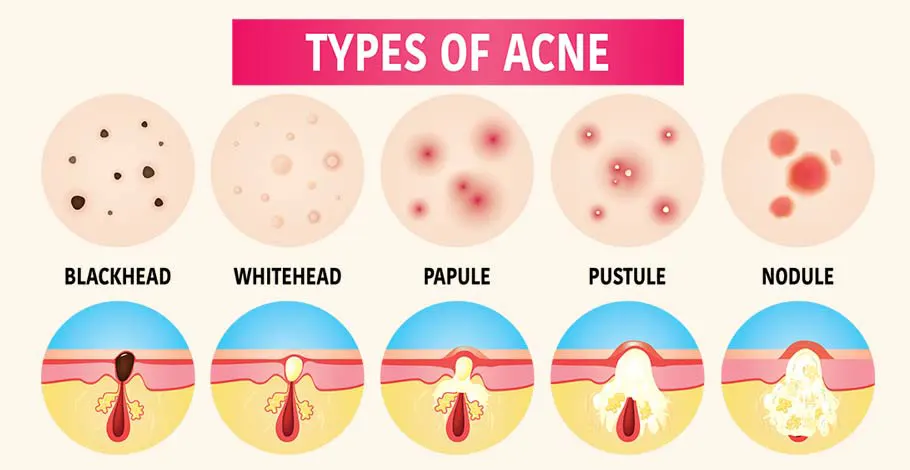
Non-inflammatory Acne and Treatments
- Blackheads and whiteheads are examples of noninflammatory acne. In general, noninflammatory acne does not cause swelling. Over-the-counter (OTC) and medical chemical peel treatments are also effective for them. Usually glycolic or salicylic acid peels are prescribed due to their exfoliating properties.
These acne treatment effective to remove dead skin cells and prevent the buildup of bacteria which can cause whiteheads and blackheads.[4]
Inflammatory Acne and Treatments
- Inflamed acne is characterized by swelling, redness, and deeply clogged pores filled with bacteria, oil, and dead skin cells. Inflamed acne can sometimes be caused by bacteria called Propionibacterium acnes (P. acnes).
Some examples of inflammatory acne include papules, pustules, nodules, and cysts.
Treatment for Pustules & Papules Acne:
- Papules and pustules are moderate forms of acne.[5] Aside from topical acne medications, your doctor may also prescribe oral acne medications as part of your acne and acne dark spot remover.
Other acne treatments include chemical peels, Intense Pulsed Light (IPL), LED light therapy, laser treatment, and RF microneedling are some other options patients can consider.[6] These treatments can help control overactive sebum production, reduce inflammation, improve PIH and clear acne scars as well as slow down acne breakouts.[7]
Treatment for Nodules and Cystic Acne Treatments:
- Since nodules and cysts are the most severe manifestations of acne, they require professional treatment. Particularly since people tend to pick at or pop on nodules and cysts, leaving scars on their skin. Although isotretinoin in oral form is usually prescribed, severe cases may require energy-based devices to remove cysts.
4. Finding the right acne treatment
There are many different types of acne treatment are available . Not all treatments may be suitable for every individual. As there is a possibility of having different types of acne at the same time. Thus, some patients may require a multimodal approach to treat their acne. If you have tried multiple solutions and they are not working, it is advisable to seek medical advice for severe cases of acne breakouts.
Finding the right solutions for your acne concerns can help you achieve a clearer complexion and regain your confidence. Speak to a medical aesthetic practitioner for an assessment and diagnosis today.
9 Sources
We review published medical research in respected scientific journals to arrive at our conclusions about a product or health topic. This ensures the highest standard of scientific accuracy.
[2] According to Dr. Kenneth Thean at Ensoul Medical Clinic : https://ensoulclinic.com/
[3] Acne breakouts : https://www.ncbi.nlm.nih.gov/pmc/articles/PMC8510514/
[4] acne treatment effective : https://www.ncbi.nlm.nih.gov/pmc/articles/PMC3560163/
[5] Papules and pustules : https://www.medicalnewstoday.com/articles/325342
[6] laser treatment : https://pubmed.ncbi.nlm.nih.gov/16427503/
[7] clear acne scars : https://www.ncbi.nlm.nih.gov/pmc/articles/PMC4570086/

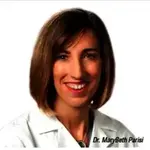
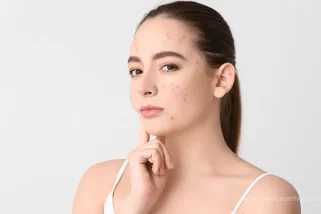
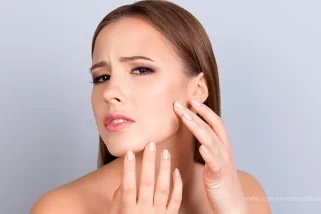
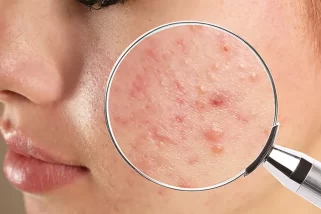
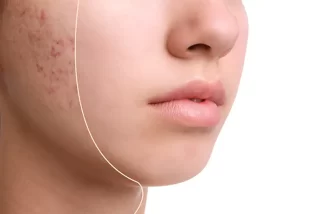

 This article changed my life!
This article changed my life! This article was informative.
This article was informative. I have a medical question.
I have a medical question.
 This article contains incorrect information.
This article contains incorrect information. This article doesn’t have the information I’m looking for.
This article doesn’t have the information I’m looking for.